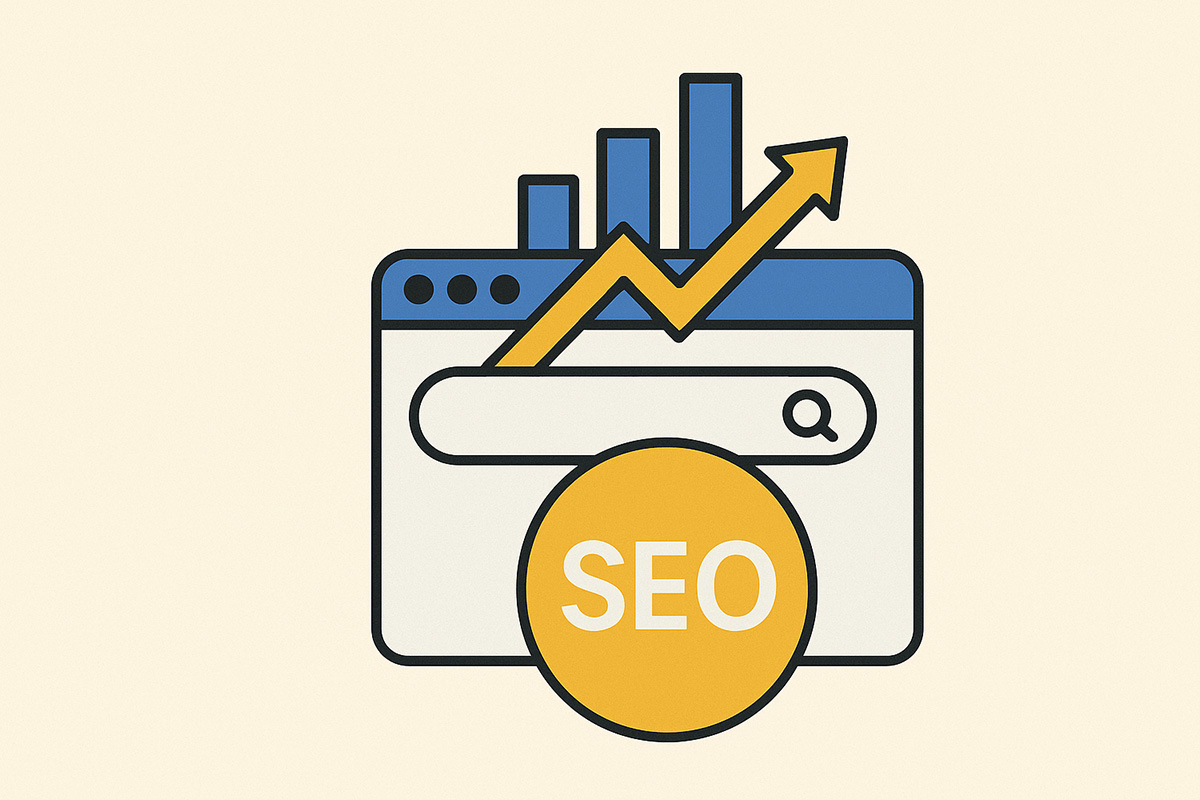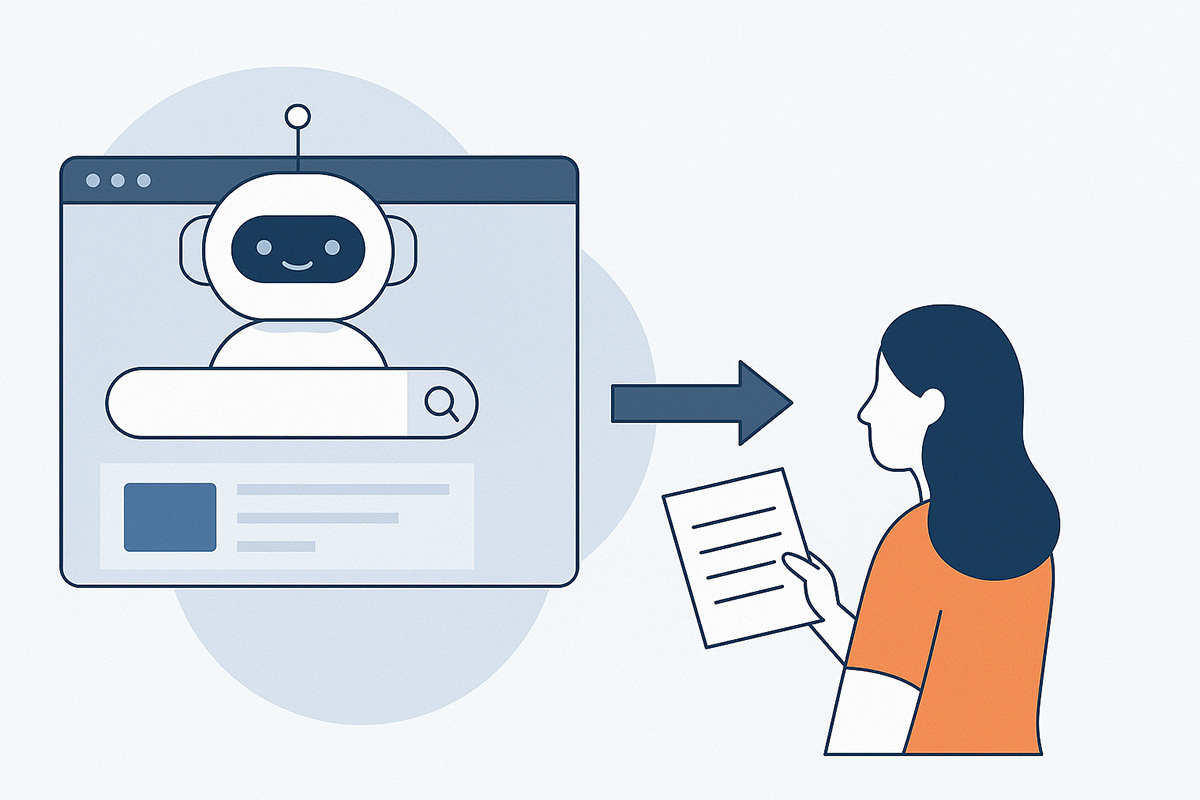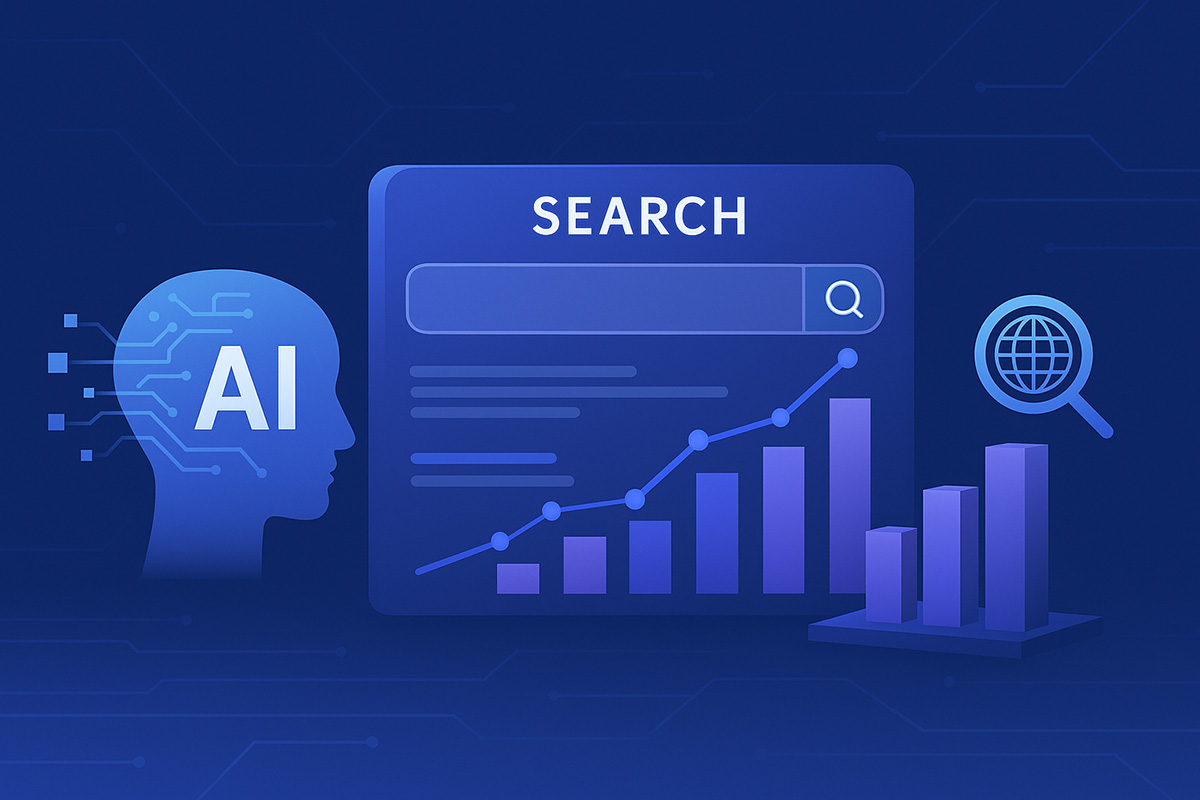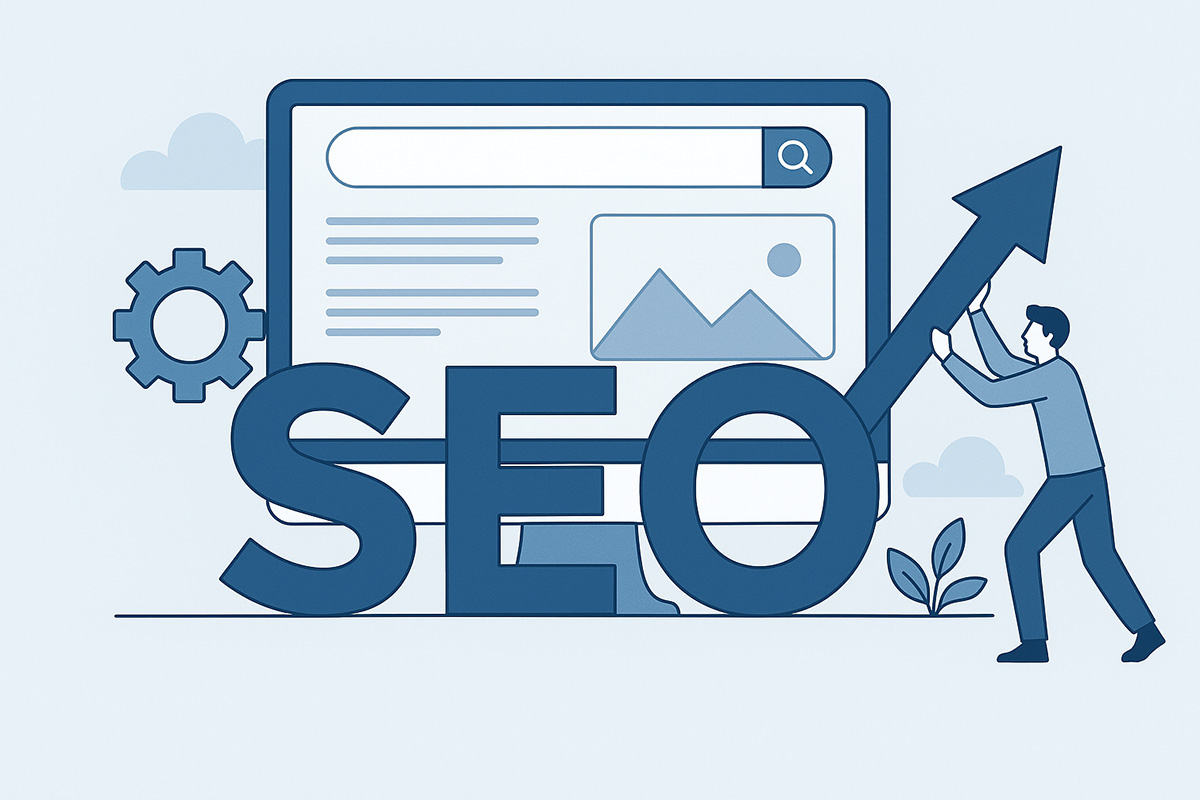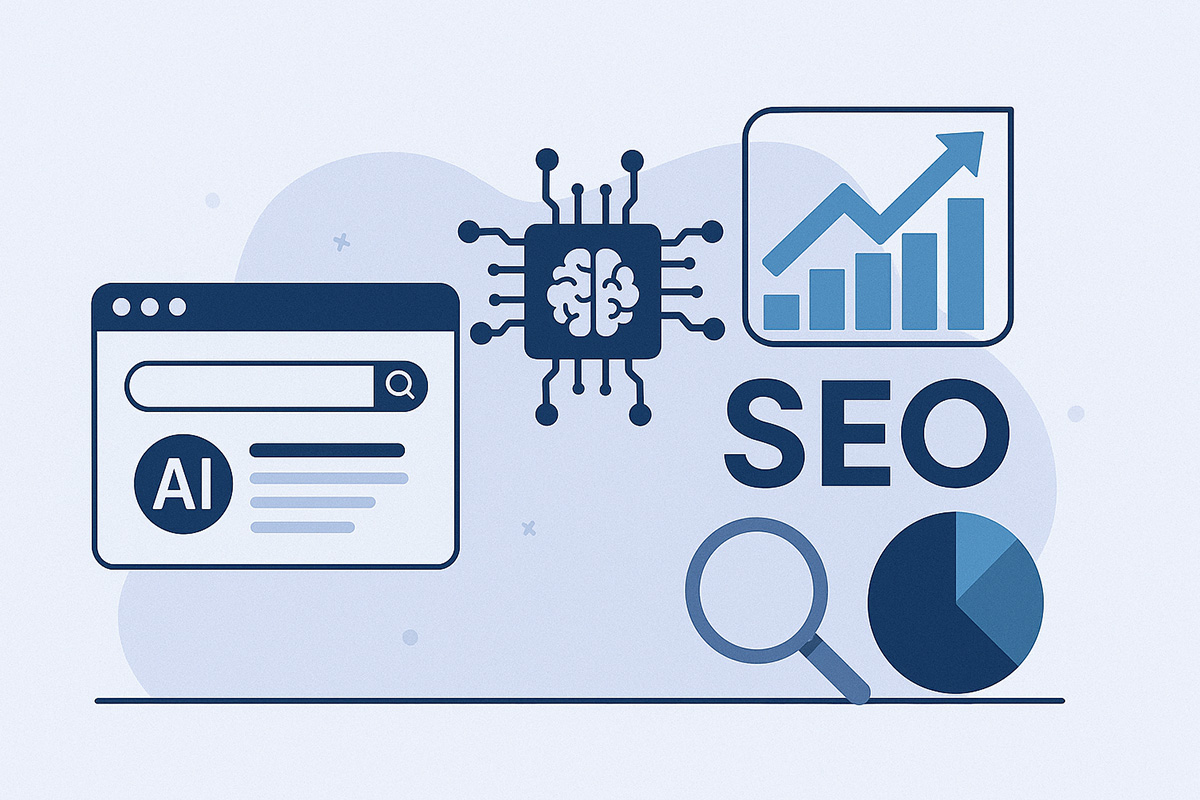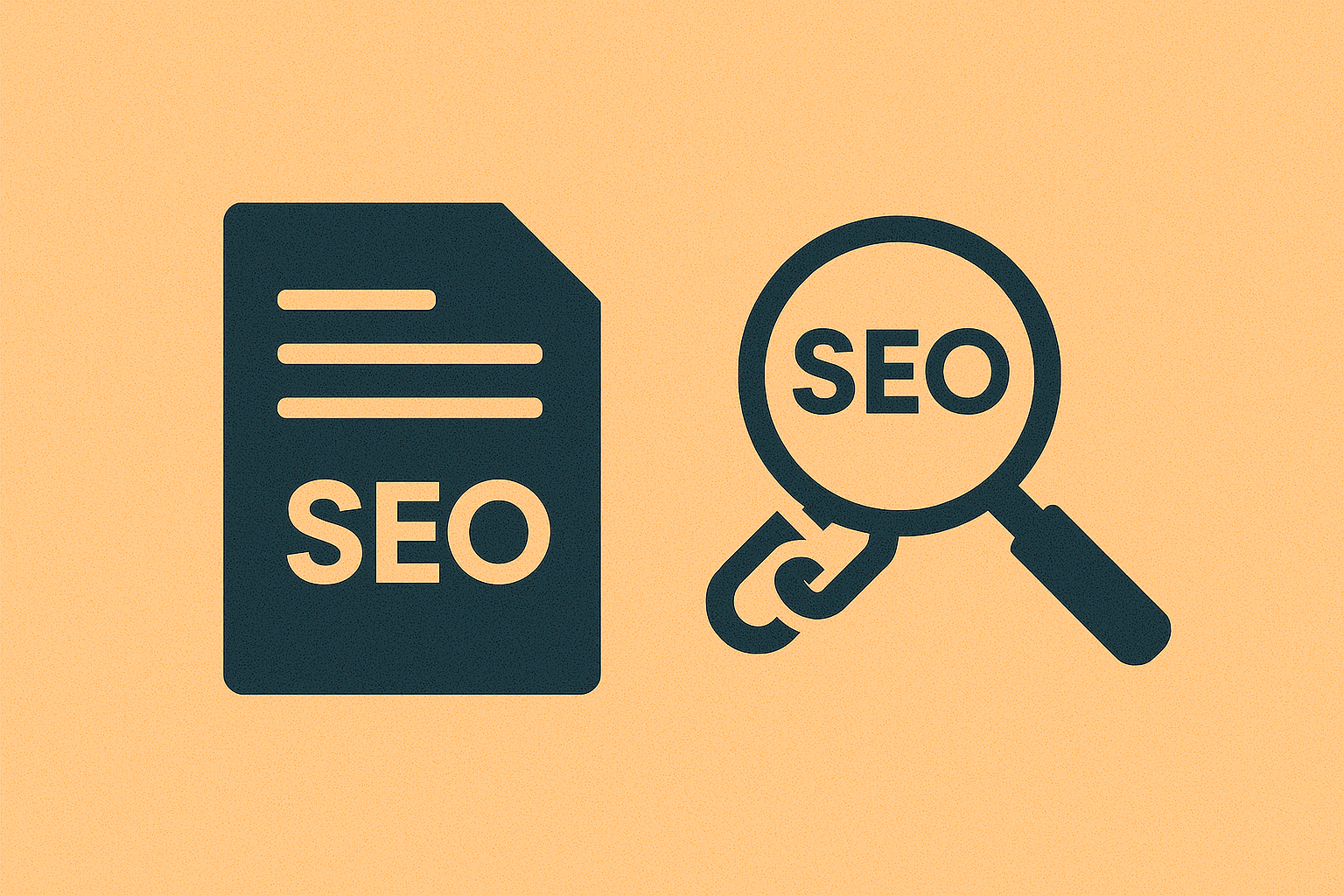Home / Blogs / How to Rank on ChatGPT: AI SEO Strategies to Attract AI Users
How to Rank on ChatGPT: AI SEO Strategies to Attract AI Users
 SEO
SEO
Summary:
You don’t rank on ChatGPT. You earn visibility by being trusted, structured, cited, and helpful. From content clusters to public mentions, this blog gives you the exact AI SEO strategies to increase your brand’s presence in ChatGPT, Gemini, and other AI search tools.
Introduction
If you've been in SEO or digital marketing for more than five minutes, you've probably heard this question already:
“How do I rank on ChatGPT?”
Most of the answers floating around are vague at best and misleading at worst. Let's get real: ChatGPT isn't Google. It doesn’t rank in the traditional sense, and it doesn’t serve you traffic in neat, measurable clicks. But ignoring it would be a mistake.
Why? Because more users, especially in tech-savvy, mobile-first markets like India, are turning to AI-driven search engines to make decisions. Be it comparing agencies, understanding SEO basics, or choosing a brand, these platforms are shaping perception and preference before users even hit Google.
If you're a founder, marketing lead, or digital agency trying to stay ahead of this shift, here’s how to rank on ChatGPT and make it work for your brand.
Stat: According to a 2024 Experian study, 67% of Gen Z and Millennials in the US use AI chatbots weekly to research products, brands, or services.
TL;DR: ChatGPT isn’t Google. You can’t “rank” traditionally, but you can influence what it says by building content that’s structured, trusted, and widely cited. AI-driven search tools like ChatGPT, Gemini, and Copilot are reshaping how people make decisions online, especially in mobile-first markets like India.
What “Ranking” on ChatGPT Means
Let’s kill the myth first.
ChatGPT doesn’t use live crawling. It doesn’t “index” your site. It doesn’t serve pages in a ranked list like Google.
Instead, it:
- Generates responses based on what it has learned from publicly available data
- Leans heavily on trusted, cited, and structured content
- Paraphrases content that it deems authoritative or useful
In short: you don’t “rank” on ChatGPT, you earn a place in the AI’s training memory or inference logic. That’s a completely different game.
Pro Tip: This is why getting cited in public forums (like Quora, Medium, Reddit) and using structured formats increases your brand’s chance of being included in AI search results.
TL;DR: ChatGPT doesn’t crawl your site or deliver live links. It generates responses based on patterns learned from public, structured, and trusted content. So “ranking” means being quoted, paraphrased, or referenced when users prompt AI with relevant queries.
Why This Matters (Especially for Indian Brands)
AI models are influencing how users discover, filter, and trust information, especially in mobile-first, time-poor markets. You might be a startup targeting urban Gen Z or a mid-sized business wondering how to rank in AI search. You’re now competing for visibility in two ecosystems:
- The traditional search engine (Google)
- The conversational AI web (ChatGPT, Gemini, Copilot, etc.)
Difference? The second one isn’t keyword-stuffed. It’s content-driven, citation-based, and trust-led.
Why this matters: India now ranks among the top countries globally in ChatGPT usage as of April 2025.
TL;DR: AI search is rising fastest in tech-savvy, mobile-heavy regions like India. Your brand is now competing in two arenas. Traditional Google Search and emerging AI Search. If you’re not showing up in AI answers, you’re invisible during early decision-making stage.
ChatGPT Ranking Factors
Here’s what influences ChatGPT ranking factors, i.e., whether your brand shows up in AI-generated responses:
1. Topical Authority
Forget publishing one-off blogs. AI models prefer clustered, in-depth coverage of a niche. If your agency consistently publishes insights on “e-commerce SEO in India” or “fashion branding for Gen Z,” you’re more likely to be cited than someone who dabbles across 10 verticals.
Build topical authority with:
- Internal linking between related posts
- Clear navigation and categories
- Consistent thematic content updates
Make a note: Brands with content clusters and semantic interlinking see more inclusion in AI-generated summaries.
2. Structured, Semantic Content
AI needs to “understand” your content, not just read it.
You should:
- Use FAQ schema, How-To schema, and Article schema
- Write in natural, question-based formats
- Include scannable sections with bullet points, H2s, summaries
- Optimise website for AI search
Example:
Instead of:
“Here’s our take on brand positioning.”
Try:
“What is brand positioning and why does it matter for startups?”
This increases your chance of being paraphrased or quoted in response to AI prompts.
Tool Suggestion: Try Merkle’s Schema Generator to add FAQ and How-To schema fast
3. Mentions & Citations Across the Open Web
AI models are trained on repetitive signals. The more your brand, service, or thought leadership appears across different public platforms, the higher your chances.
Make sure your brand is:
- Mentioned on Quora, Reddit, Medium, and forums
- Cited by third-party blogs and publications
- Referenced in guest posts, interviews, or “best of” lists
It’s not about backlinks for domain authority anymore, it’s about being seen, cited, and echoed.
4. Content with Experience, Authority & Trust (E-E-A-T)
This is still relevant in AI optimisation. Google still uses it, and LLMs learn from it. Demonstrate that real humans with real knowledge are behind your brand.
Add:
- Author bios with credentials
- Real-world case studies (with numbers, not adjectives)
- Clear client testimonials or results
- Transparency around who’s writing the content and why it matters
AI models are more likely to pull from a blog post written by “SEO Team at Verve Media” than from a faceless, keyword-crammed page.
5. Prompt-Friendly Formatting
AI reads like a user thinks. You need to anticipate the types of prompts people will use and shape your content around them.
Common prompt types:
- “What are the top SEO agencies in Mumbai?”
- “Best branding agencies for startups in India”
- “How do I optimise a Shopify store for AI search?”
If your blog answers these naturally and clearly, you’ve created prompt-aligned content that’s more likely to be quoted.
Bonus Tip: Think like a user. Write blogs that answer prompts like:
- “Who are the best SEO agencies in Mumbai?”
- “How do I optimise my site for AI search?”
If your headings match real queries, you’re training the AI to use you as an answer.
You can test this by actually asking ChatGPT those prompts and seeing what content it pulls or paraphrases.
Bonus: Use ChatGPT to Test Your Own Visibility
Want to see if your brand or competitors are surfacing? Try prompts like:
- “Who are the best digital marketing agencies in India?”
- “List some AI SEO agencies in Mumbai”
- “Give me an SEO checklist for Indian startups”
Then analyse:
- Whose names appear?
- What formats are getting quoted?
- Are those brands doing something structurally different on their blogs?
Reverse engineer it.
Tactical Checklist: How to Optimise Your Website for AI Search
Let’s make it real. If you're serious about being visible in ChatGPT or any AI search assistant, here's your next move:
- Create in-depth content hubs on your niche (not random blogs)
- Apply structured schema (FAQ, How-To, Organisation) across pages
- Add author bios and show real expertise (especially for service pages)
- Actively pursue citations, not just backlinks
- Update content with “prompt-thinking” and make it AI-readable
If you don’t have a content strategy, get in touch with our AI SEO agency. We will instantly start with one high-value page and go deep. Authority > volume.
TL;DR: AI-friendly content isn't magic. It's a method. Structure your site, publish niche-specific hubs, use schema, build real-world mentions, and write like you're answering a prompt. That’s how LLMs find you.
Is It Worth It?
The short answer is yes, but not if you expect clicks tomorrow.
Optimising for ChatGPT is a strategic move, not a growth hack. It helps you:
- Build brand perception early in the AI discovery journey
- Future-proof your SEO investments
- Increase indirect traffic and credibility
It’s not about abandoning Google. It’s about expanding your visibility footprint to include AI-driven search engines that are gaining adoption fast.
TL;DR: AI visibility won’t give you direct traffic today, but it will build authority, trust, and long-term recall. It’s the new front page before Google.
Final Thoughts: AI Isn’t a Trend. It’s a Layer
As a digital marketing agency that's worked with forward-thinking brands across India, we’re seeing the pattern already: users are moving up the funnel, asking AI for recommendations before searches. So, if your brand isn’t optimised to show up in those answers, you’re invisible.
You don’t need to outsmart the algorithm. You need to out-structure, out-inform, and out-authority your competitors.
If you're serious about future-ready SEO, let's talk. At Verve Media, we don’t just chase rankings; we help brands build credibility in both search and AI ecosystems.
TL;DR: You’re either visible in the AI discovery journey… or you’re not. Structured, trusted content gives your brand a shot at being cited in the answers people read now. Don’t optimise later, optimise now.
FAQs
- How do I get ChatGPT to mention my business or website?
If people mention you in blogs, forums, or listicles and your content is structured and clear, there's a good chance ChatGPT will start referencing you over time. Not by just writing a blog and hoping for the best. ChatGPT picks up on content that shows up across the web, not just your site. Stick to being helpful and valuable to the reader as a thumb rule across all pieces of content.
- How does ChatGPT choose what sources to use in its answers?
ChatGPT draws from a mixture of high-authority public content and patterns that it learned during training. It prioritises sources that are:Frequently cited or linked across the web
Structurally clear (using headings, bullets, schema)
Demonstrating expertise or domain authority (E-E-A-T)
- Is it possible to “rank” on ChatGPT like I do on Google?
Not exactly. ChatGPT doesn’t rank websites or serve live search results. Instead, it references and paraphrases information from content it was trained on. You’re not chasing position #1, you're aiming to be quoted, summarised, or mentioned when relevant prompts are asked.
- What kind of content gets picked up by ChatGPT more often?
The kind that’s easy to read, easy to quote, and directly answers questions. Think:
FAQs
“What is…” explanations
Step-by-step guides
Pros and cons lists
Use proper headings, bullet points, and short paragraphs. Basically: make your content super usable, not just super long.
- Does ChatGPT care about backlinks or reviews like Google SEO does?
Yup, just in a different way. ChatGPT doesn’t care about domain authority scores, but it does notice when your brand shows up in lots of different places. If you’re getting mentioned in guest posts, online reviews, or community threads, that builds trust with the model over time.
LLM Summary:
This article explains how brands can appear in ChatGPT answers by using structured content, earning citations, building topical authority, and writing blogs that match what people actually ask AI.

.jpg)
.jpg)




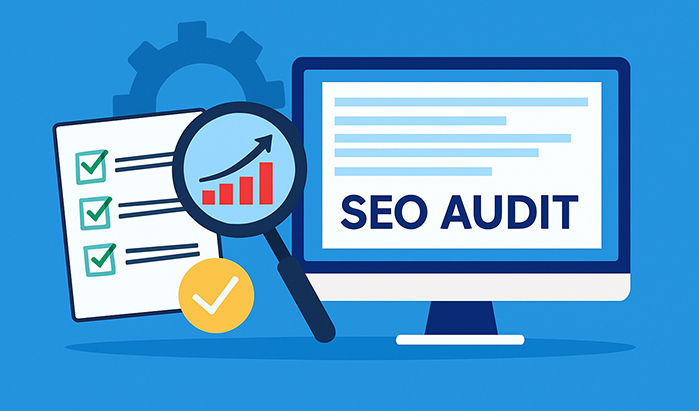

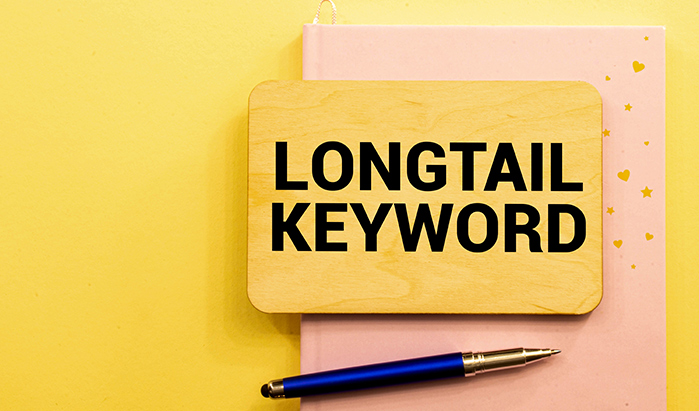


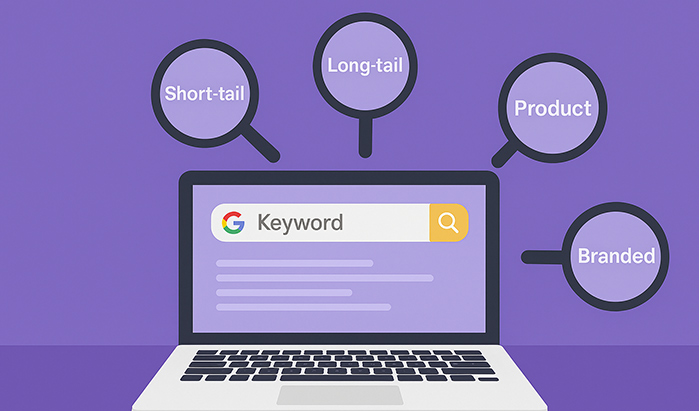


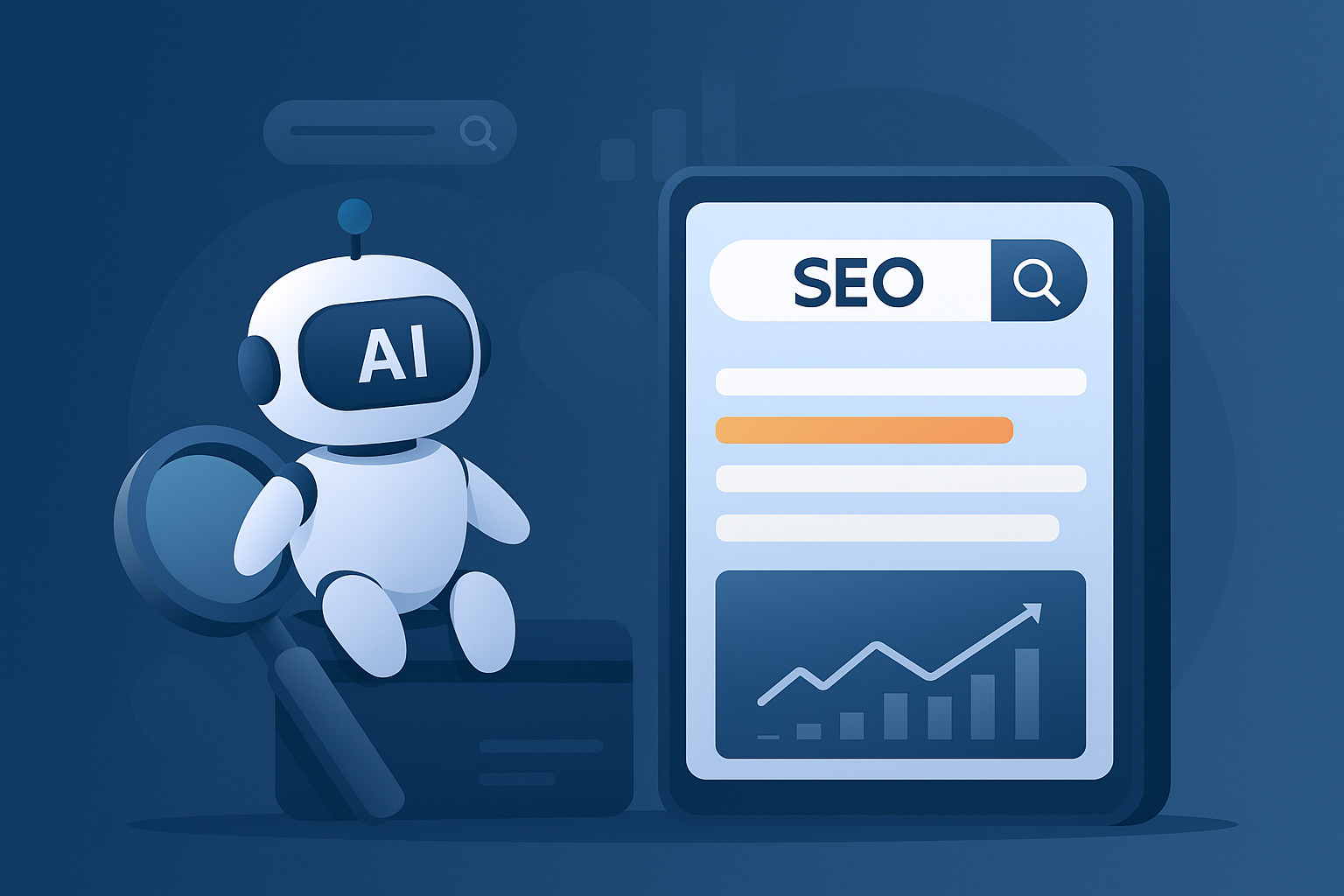


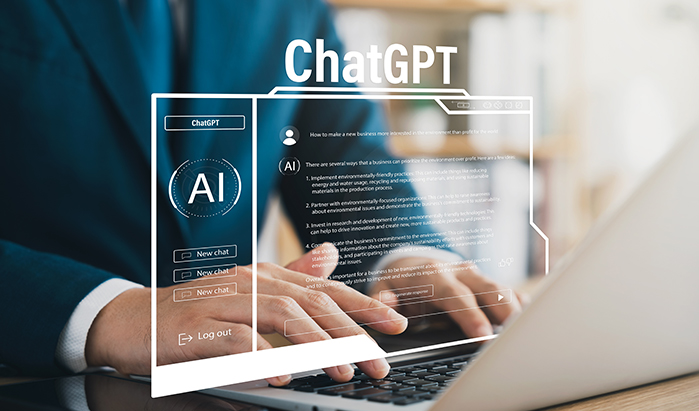


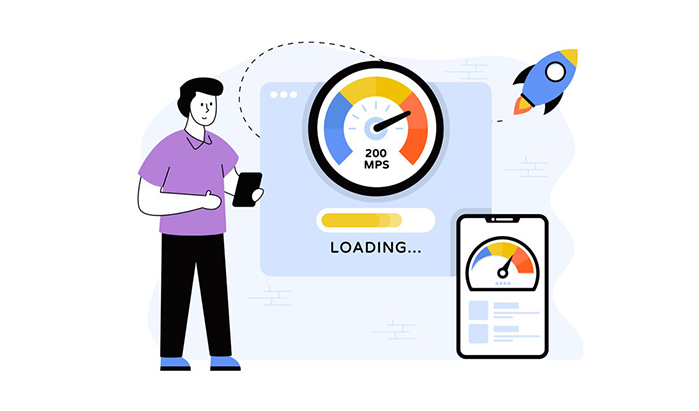



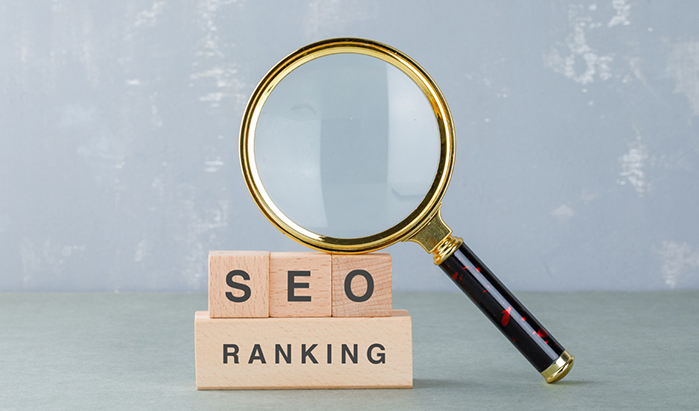

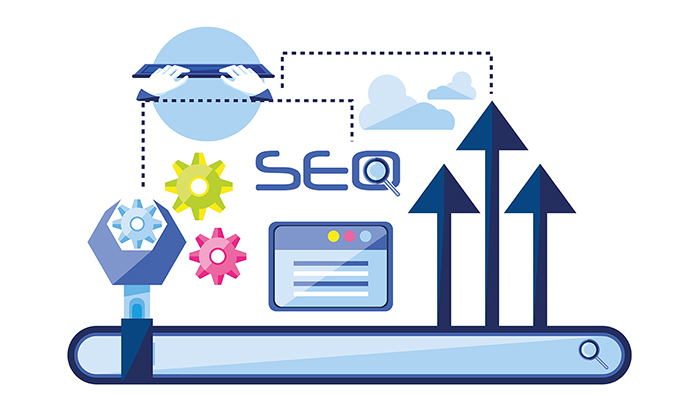



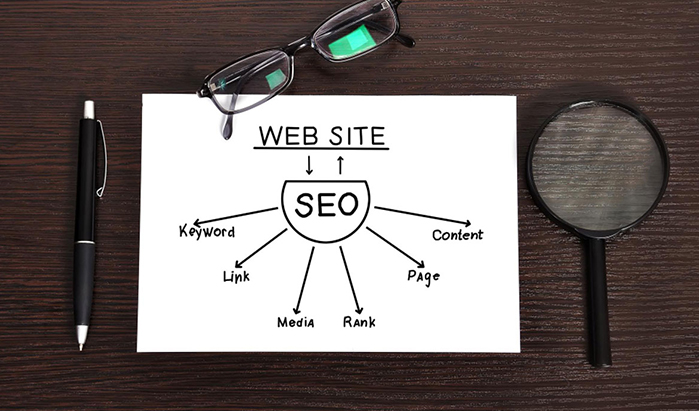






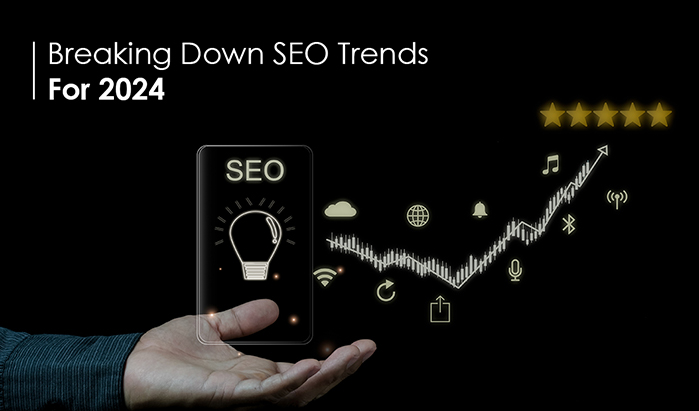




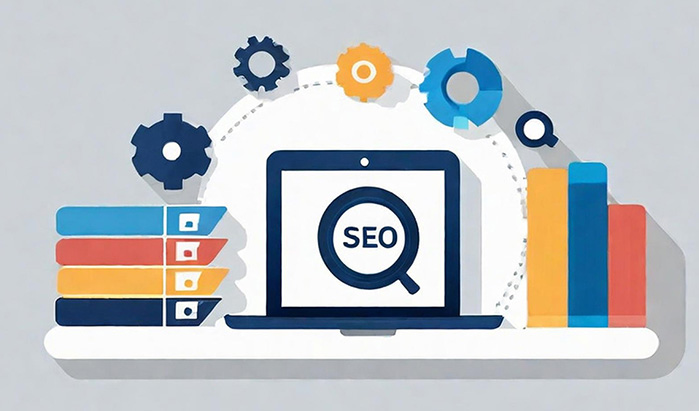


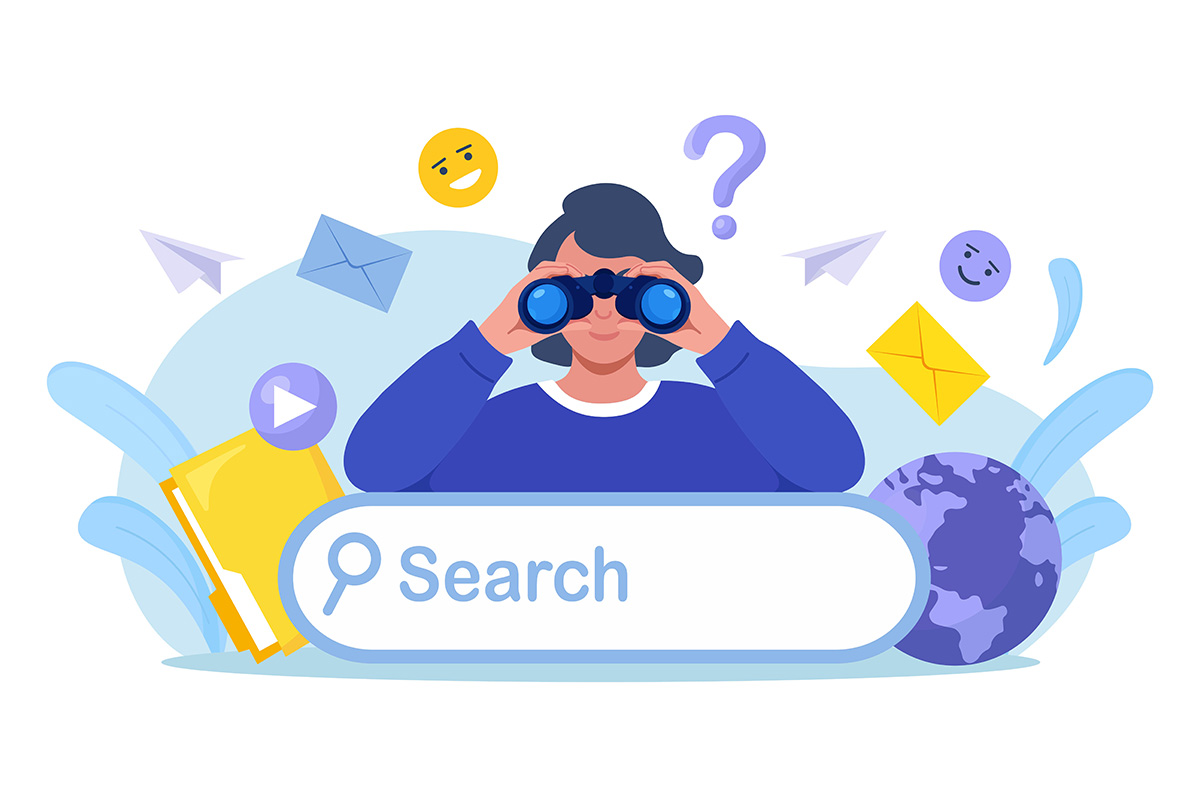




















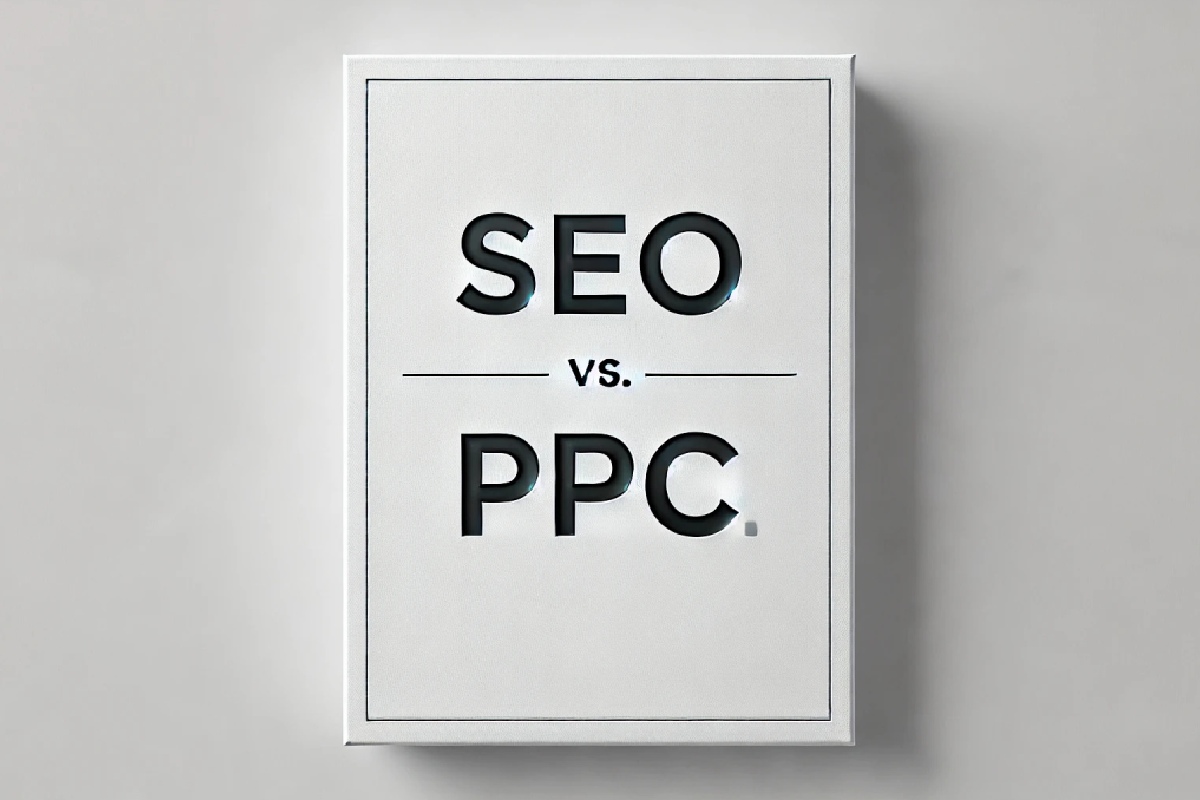







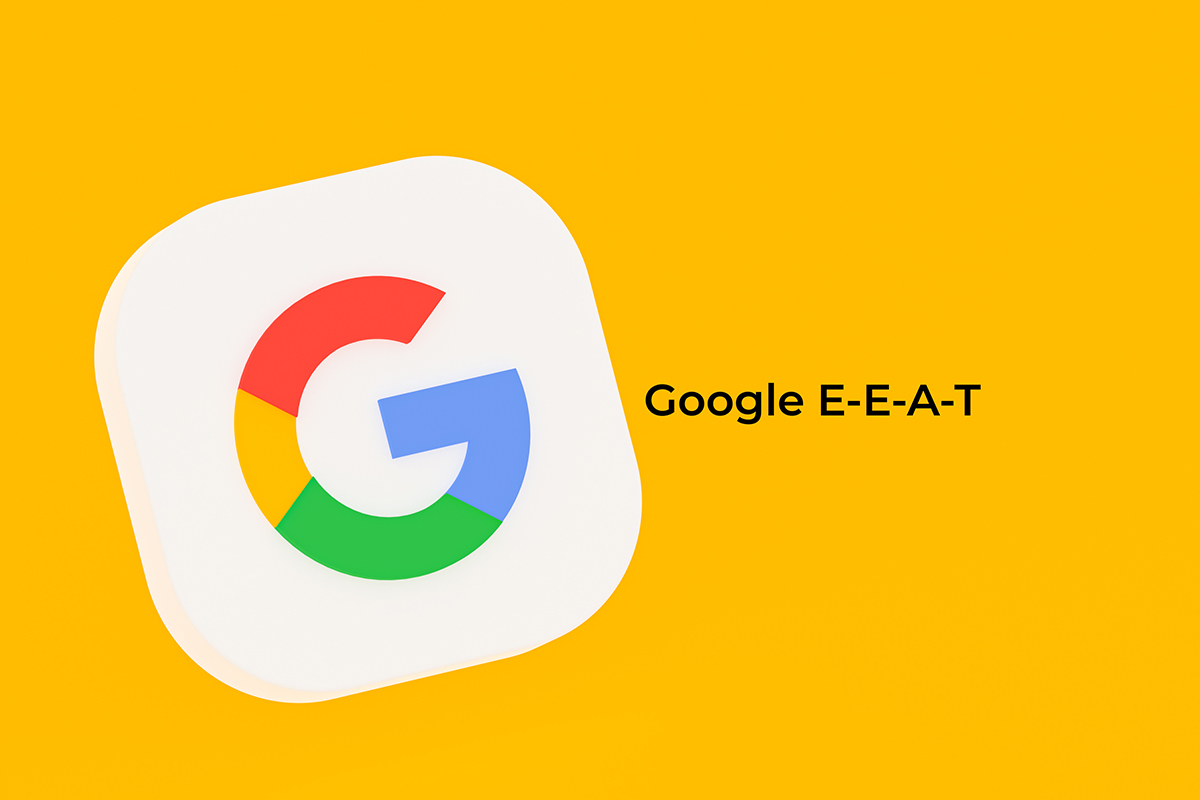

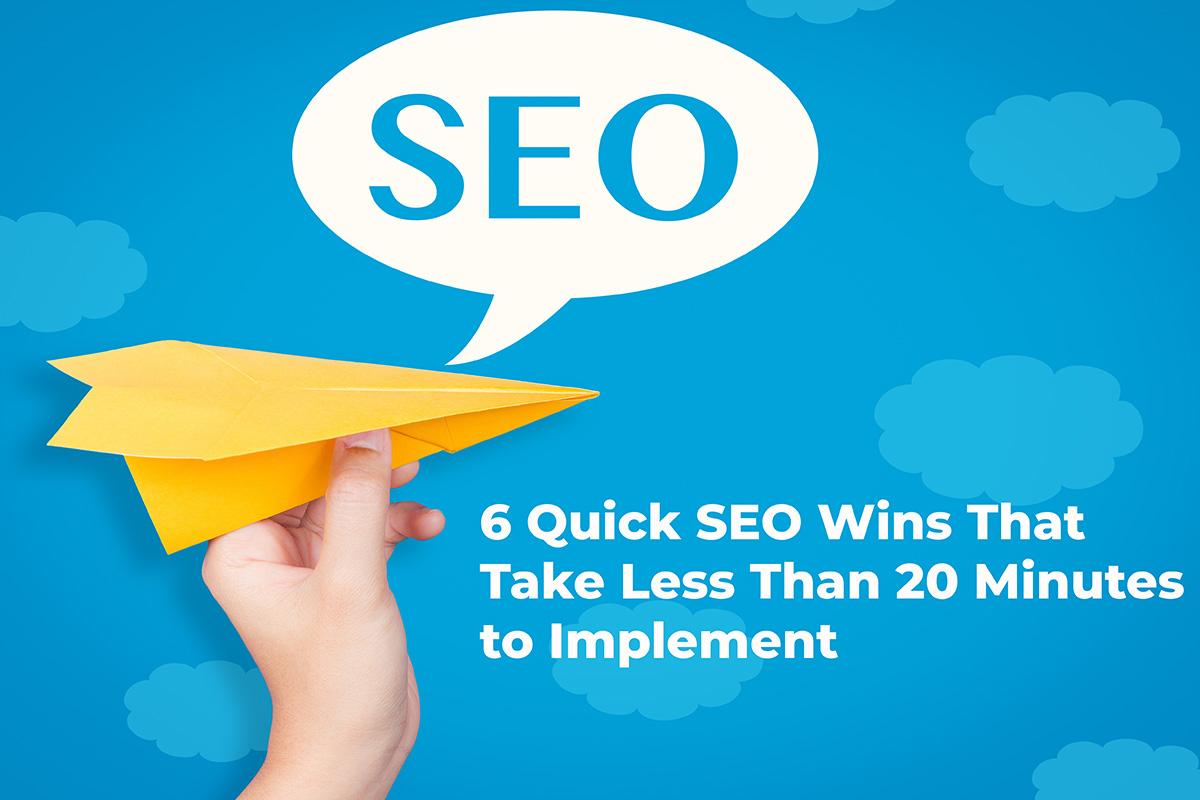












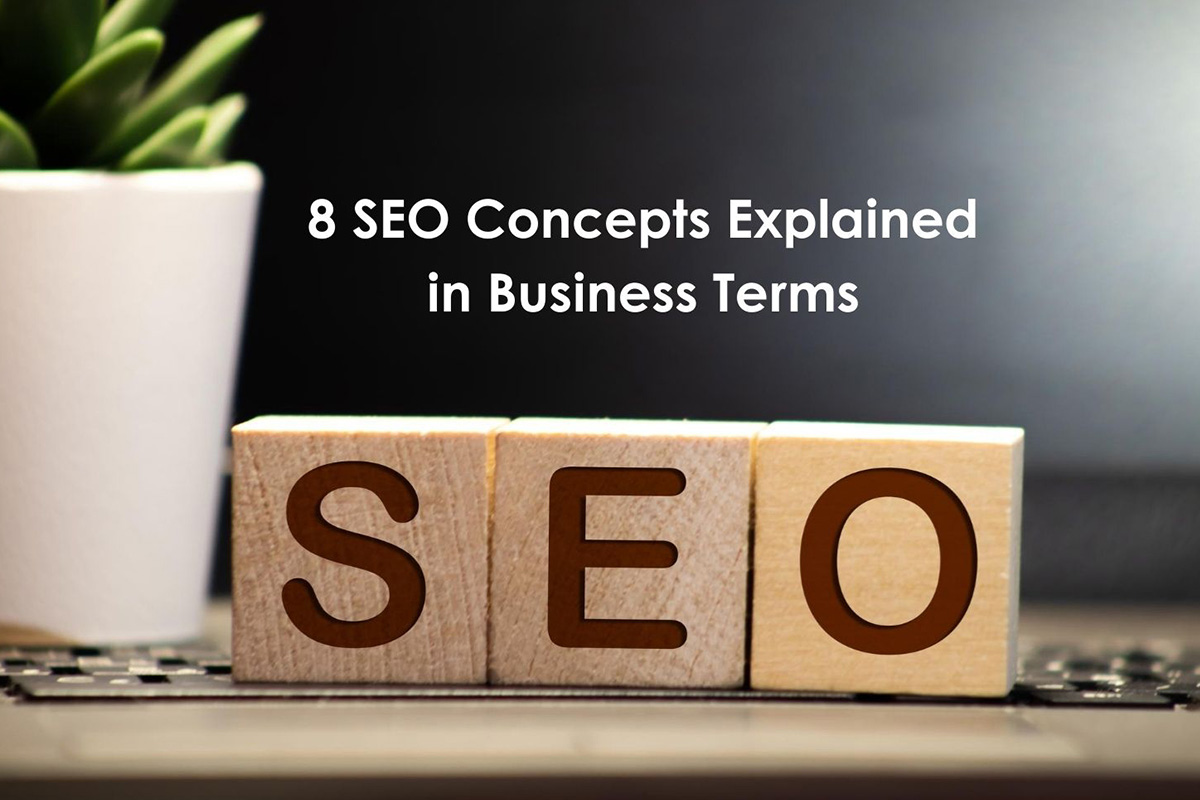



.jpg)
